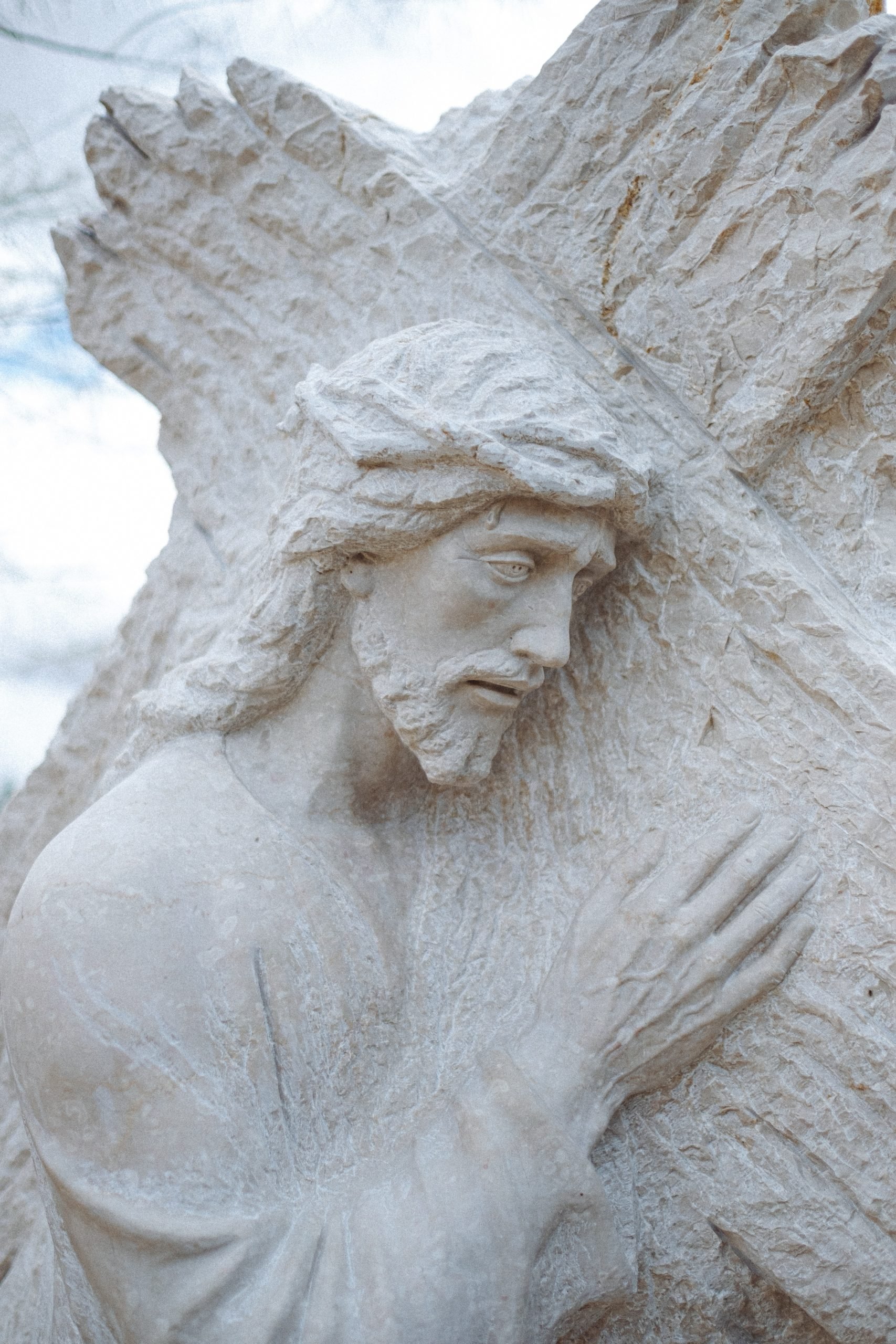![]()
Holy Week is the most popular season for watching movies featuring Jesus Christ, such as “Passion of the Christ,” on Good Friday. When a Hollywood studio takes it upon itself to recreate the Gospel, Christians would often be weary and hesitant as to how others would interpret their God. However, Christian media has gained itself a bad reputation for being poorly made.
Jesus has been represented in media both literally and allegorically, raising the question for media creators and consumers as how to accurately create and perceive those representations of Christ. Steve Snediker, a professor of digital cinema at John Brown University, points out the Bible has nothing against Jesus being represented in media. “There are no Biblical injunctions against representing Jesus in the media. In fact, Christians have ample opportunities to be faithful witnesses in the media, but often shy away out of fear of repercussions or not wanting to appear too zealous,” Snediker said.
Tracy Balzer, the director of Christian Formation at John Brown University, had many thoughts on the subject: “The hope would be that if Jesus is depicted in media — film, television, even stage — it would be based on what we know of Jesus in the Scriptures. I am a bit of a skeptic when dramatizations of the story of Jesus take place in big media.”
Some of the films depicting Jesus include the aforementioned “Passion of the Christ” and, after perusing IMDb.com, the next top results iclude “Jesus of Nazareth,” “Jesus,” “King of Kings,” “The Greatest Story Ever Told,” “The Gospel of John,” “The Last Temptation of Christ,” “The Nativity Story” and “Ben-Hur”. The website Den of Geek had a “25 Best Movies About Jesus Christ to Watch for Easter” article which included “The Passover Plot” (which suggests that Jesus never died) and “The Messiah” (which tells the story through a Muslim lens). Therefore, there are films which have been accepted by the Christian community at large and those who are more accepted by the non-Christian communities.
Many other Biblical stories undergo the same treatment from Hollywood. “Like Ridley Scott’s depictions of the plagues in Egypt in his film “Exodus: Gods and Kings,” the modern media grasps at their human experience to explain miracles and resurrection. Sir Ridley was forced to devise some natural cause run amok to portray locust, a river of blood, etc.,” stated Snediker. He added, “Modern media looks for a natural explanation for Jesus and the accounts of feeding the five thousand, massive fish hauls and people being raised from the dead.”
However, there is some hope for Christians seeking better representation of Christ. Balzer mentioned the show “The Chosen” has gained a lot of acclaim and following among Christians. “I have personally been not only pleased with but sincerely inspired by the recent series “The Chosen.” I was very reluctant to watch it for fear that the story of Christ would not be handled with care. Once I decided to give it a fair chance, I found I had to finish it. For anyone who would like to think more deeply about what it plausibly was like to be a follower of Jesus during His time on earth, “The Chosen” does an admirable job — not perfect — of creatively and realistically conveying the concept of incarnation: that Jesus was fully human in a way that is real, and fully Divine in a way that is believable.”
The ultimate struggle with portraying Jesus literally is how to do it accurately, especially since Jesus is both a historical figure and the Savior. Any small mistake in representation can affect viewers’ perceptions of Jesus, or even worse, offend Jesus Himself looking down from Heaven.
This may be why many creators turn to allegory. C. S. Lewis famously imbued the character of Aslan with Jesus’ characteristics, as Aslan dies on behalf of the main characters and is raised from the dead, defeating the evil White Witch. The movie adaptation of The Lion, the Witch and the Wardrobe has the director’s added line where Aslan says, “It is finished,” further clarifying the parallel between Jesus and the lion of Narnia.
However, creating an allegory for Christ still has the stress of doing it “right.” While the most Scripture-bound humans will never do it “right,” stories about Jesus or the Gospel are invaluable. Humans love storytelling because it helps process the worlds within and without. As Balzer noted, telling the story of Jesus through film can be a powerful tool which honors God, even if it is not perfect.





